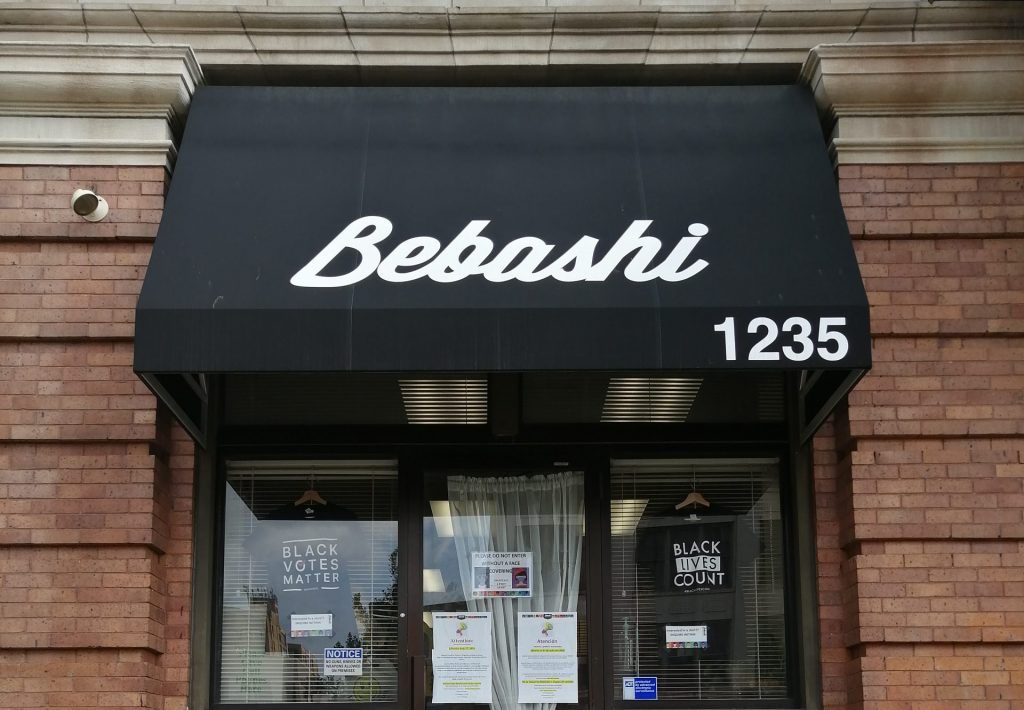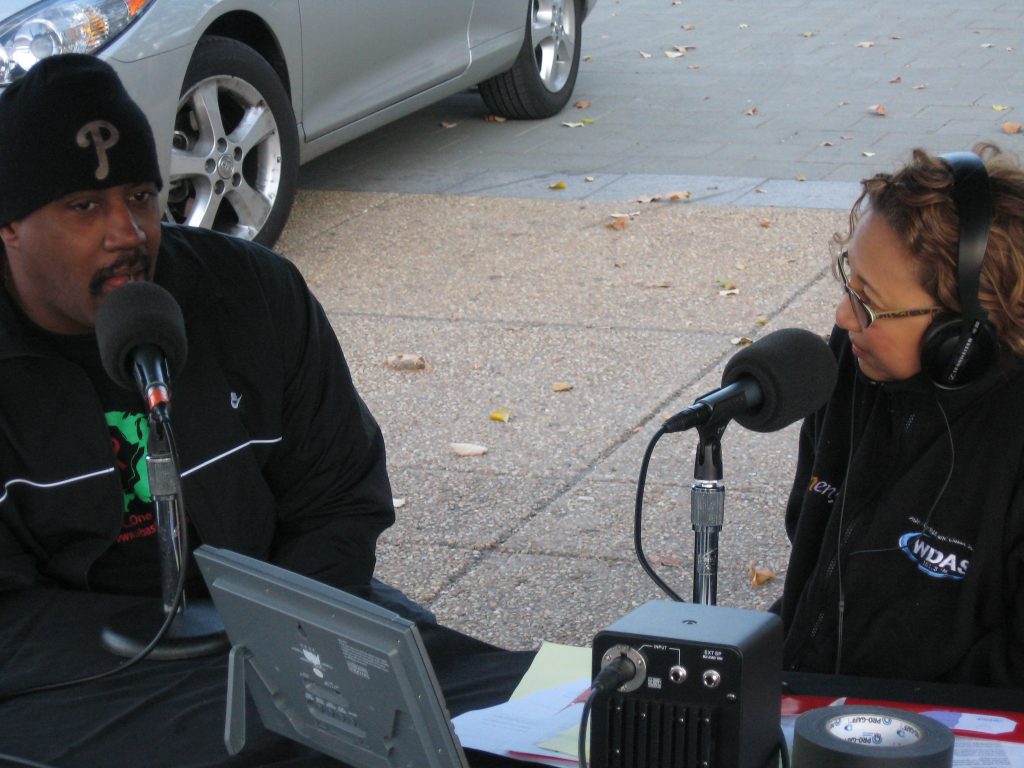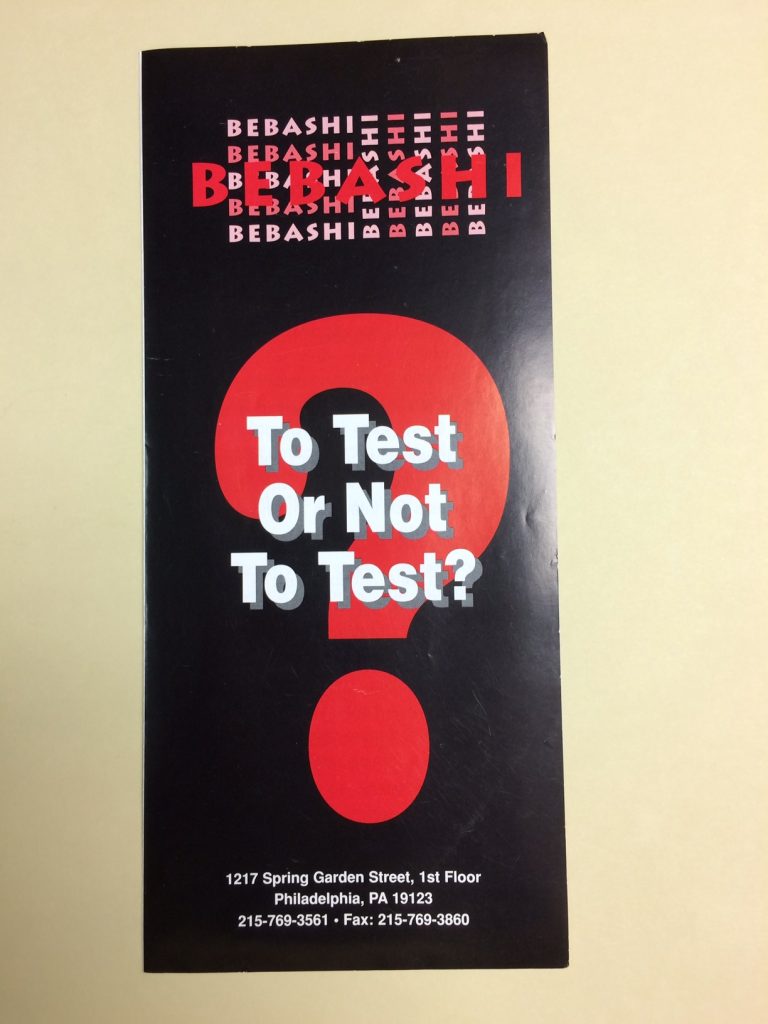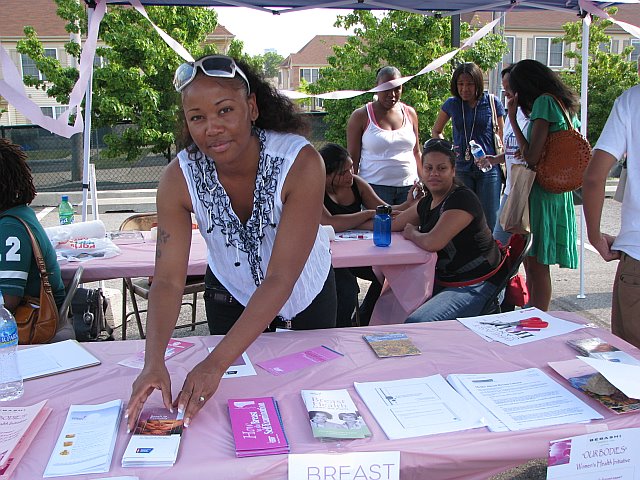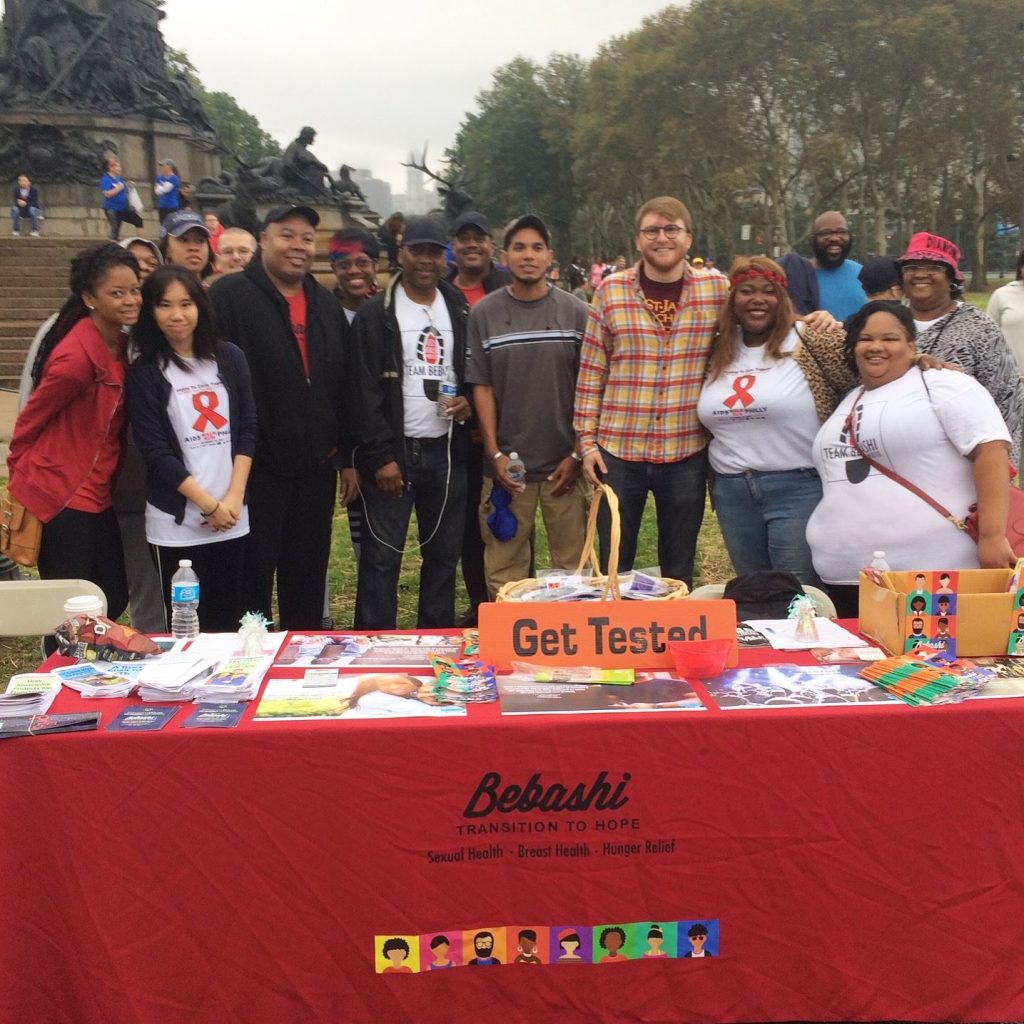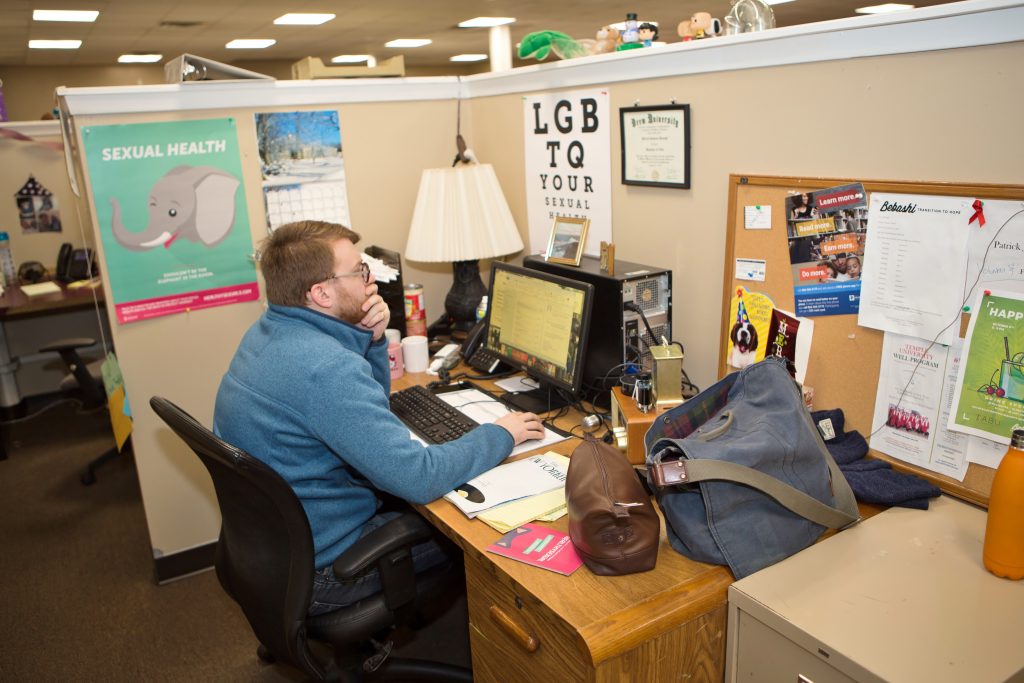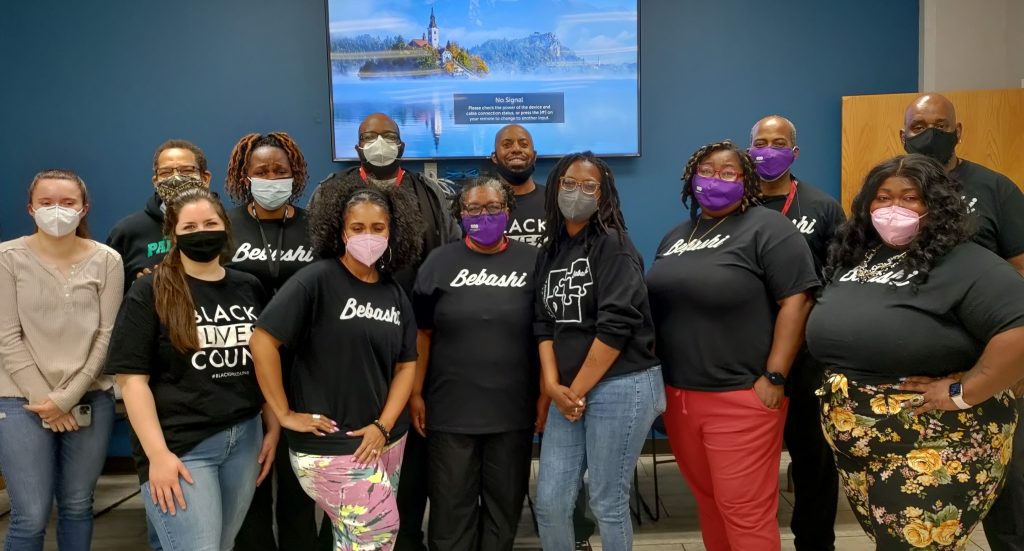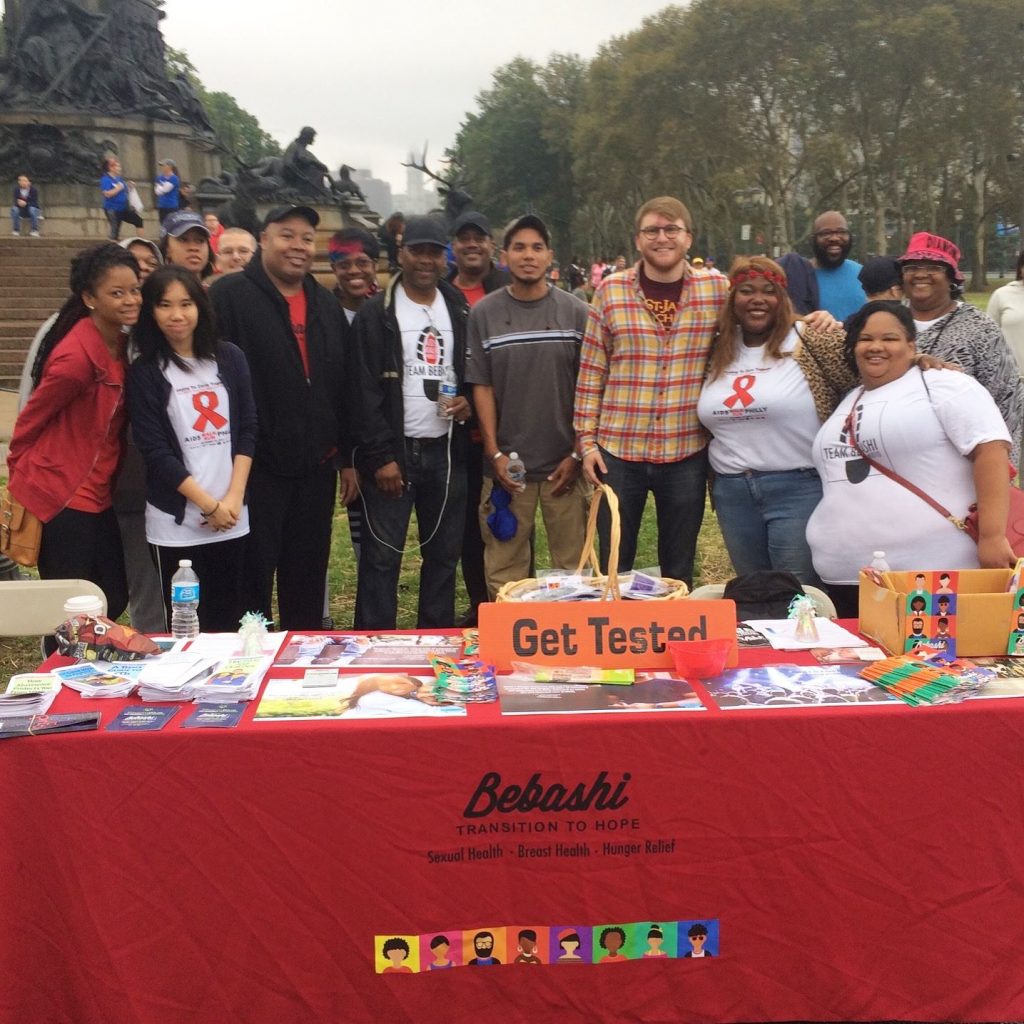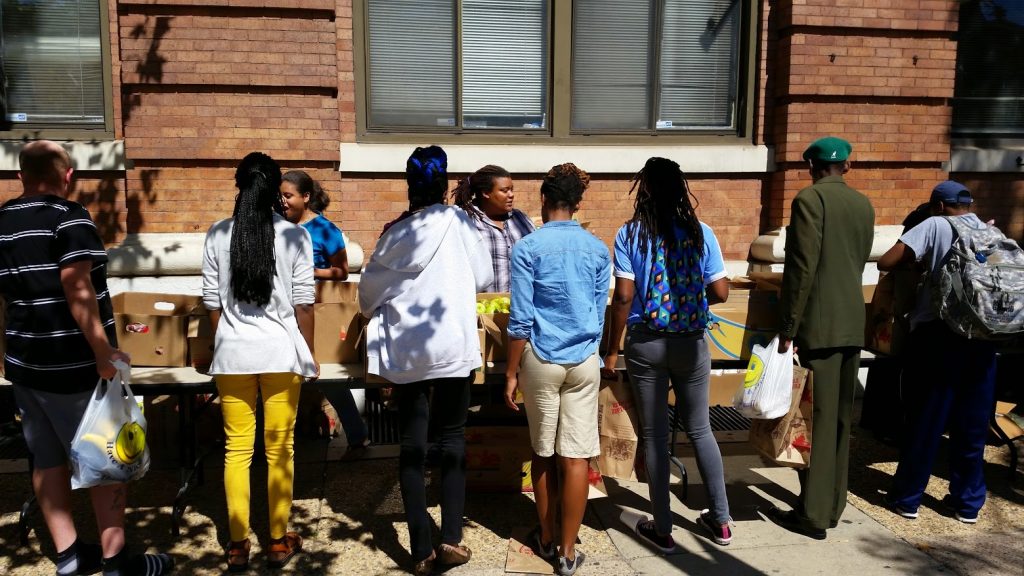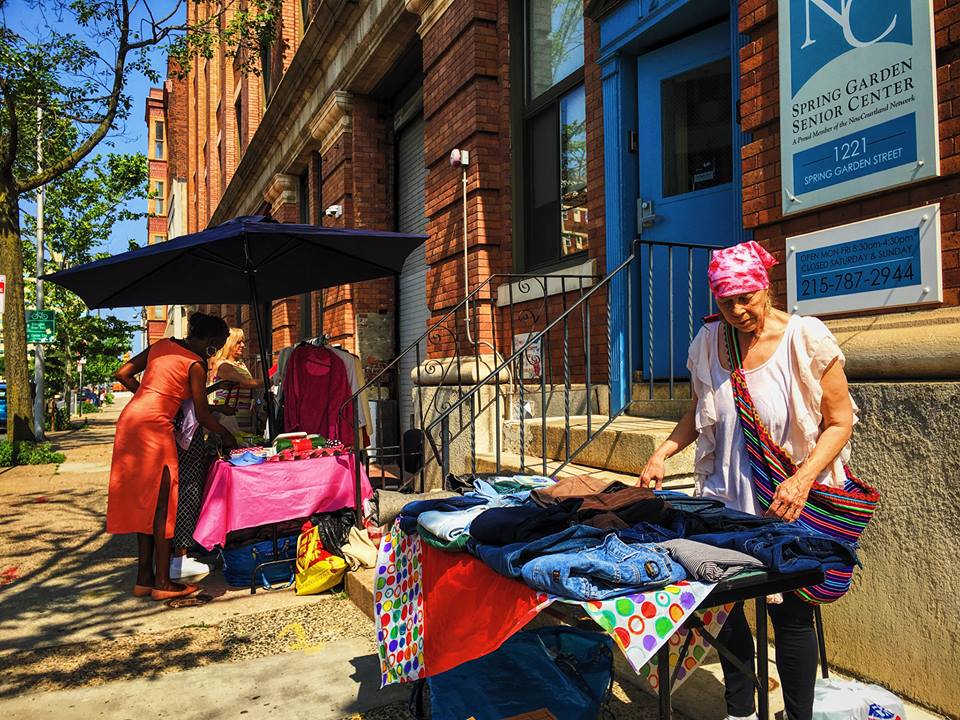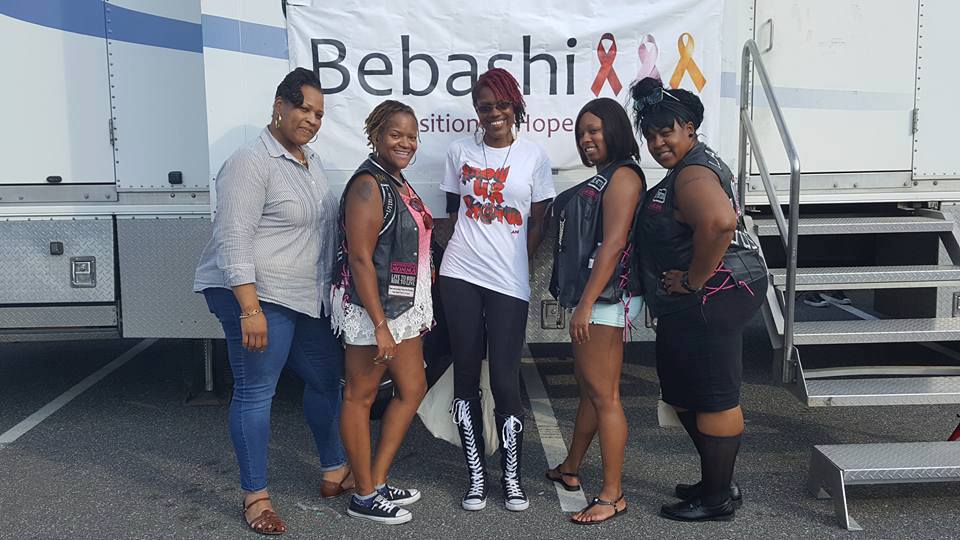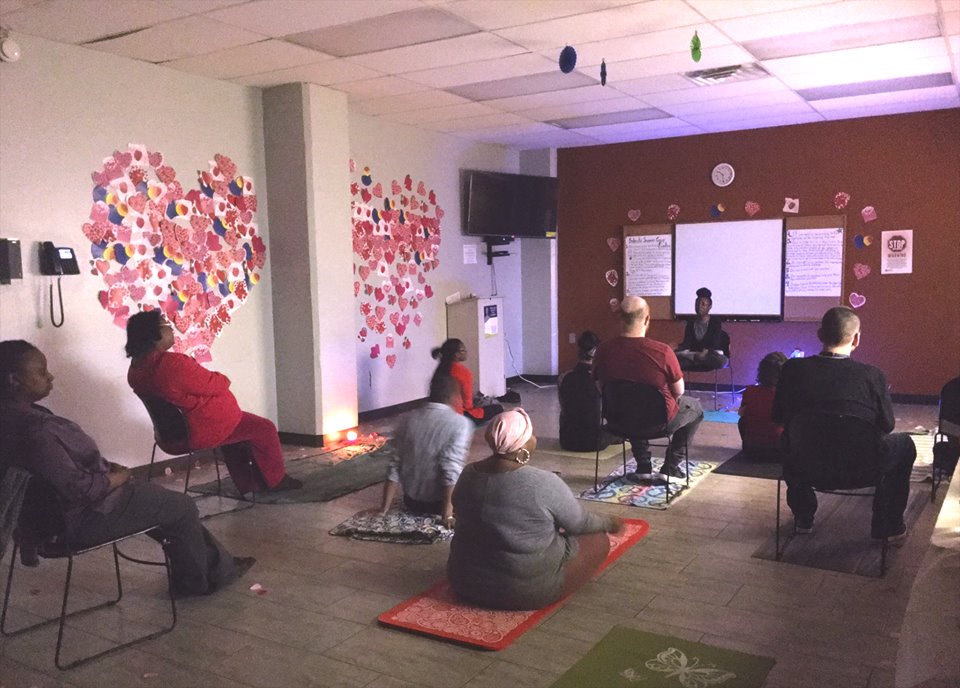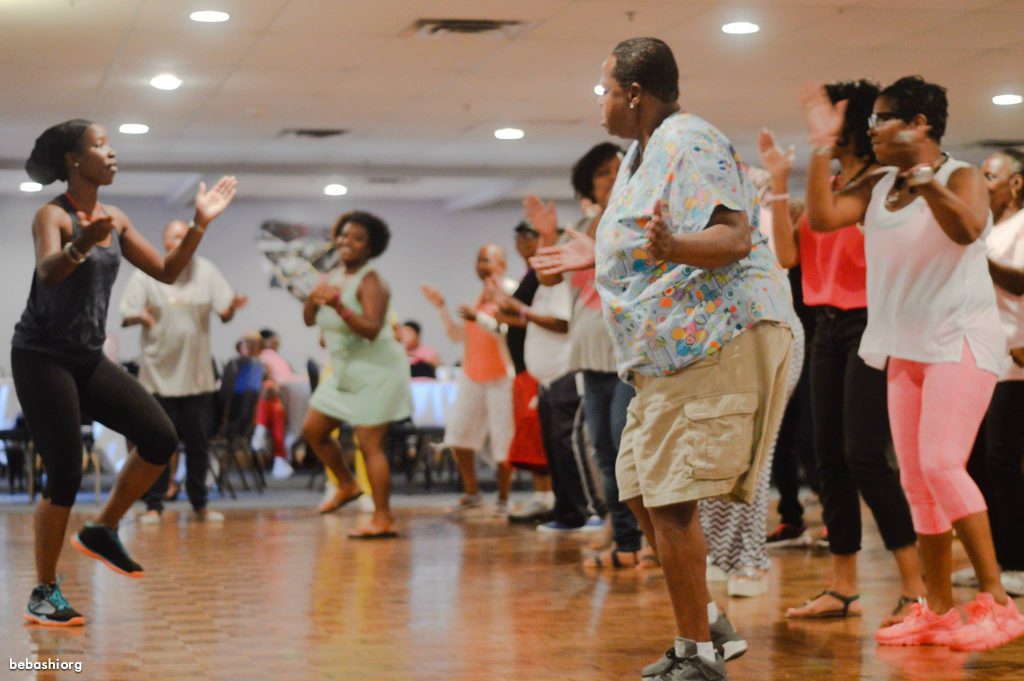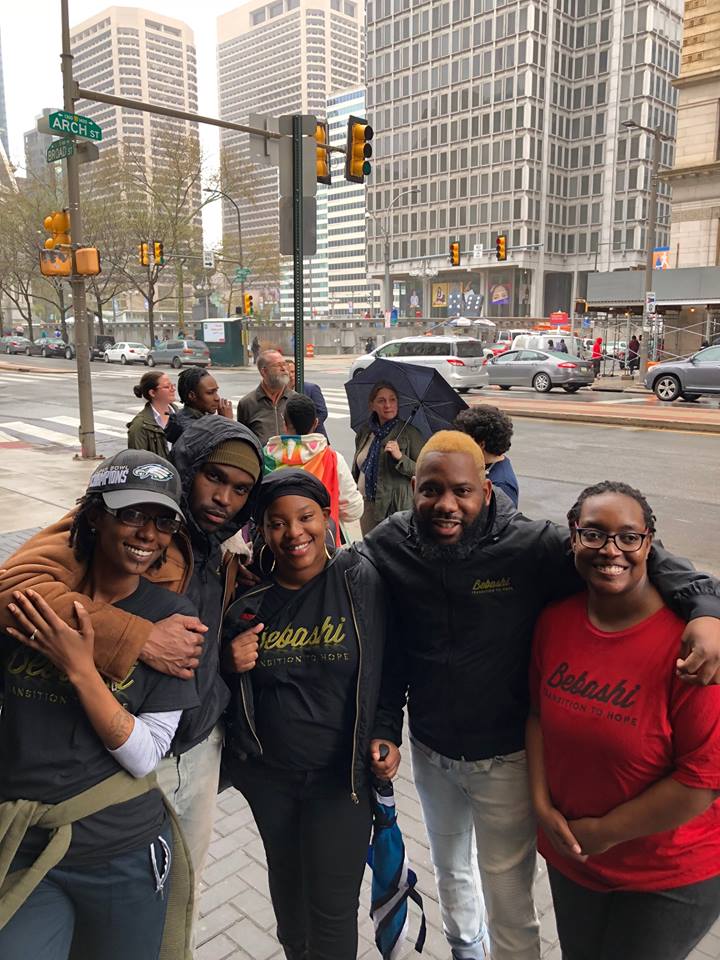1985
Bebashi – Transition to Hope Founded
Bebashi was founded to address the AIDS crisis among people of color. The organization had no paid staff and office space loaned from 1199C. Rashidah Abdul-Khabeer (formerly Hassan) was the first Executive Director.
1993
Bebashi offers Medical Case Management Services to link people living with HIV/AIDS to primary care, encourage ongoing engagement in care, assist with treatment adherence and help connect them to other needed resources and services.
1996
Gary Bell joins Bebashi as Executive Director. At that time the organization had about 1700 clients, 16 staff and a budget of about $700k
1998
Moved to current location at 1235 Spring Garden Street
1998
Established Second Helping Emergency Food Pantry
1998
Created support groups for people affected by HIV.
2003
Selected to participate in the landmark Black Men’s Health Survey—a federally-funded five-year incidence study aimed to interpret the cultural, psychological, and environmental causes contributing to the disparately high rates of HIV infection among black MSM.
2007
Established Our Bodies Breast Health Program
2013
Began offering Hepatitis C education, testing and referrals.
2013
Enrolled in 340B Program, which provides drugs to eligible patients at reduced prices.
2014
Established Resource Navigation program, to assist low-income individuals in accessing resources and services to overcome challenges and achieve self-sufficiency.
2015
Launched an initiative to pay for State photo ID cards for individuals experiencing deep poverty. Having ID is necessary for individuals to apply for benefits, jobs and education.
2016
Began offering Club 1509 Services, which provide intensive prevention and navigation services for young LGBT individuals at high risk of HIV infection.
2017
Initiated Trans Necessities a resource where Trans individuals can obtain clothing, wigs, prosthetic breasts, binders and other necessities as well as health information, testing and referrals for primary care, PrEP and other resources.
2018
Bebashi serves approximately 21,000 individuals annually and provides a comprehensive array of services to empower low-income individuals to improve their health and overall well-being.
2018
Received a grant from the CDC (our first stand alone federal grant) to establish the wellness clinic.
2020
Bebashi staff was front line during the Black Lives Matter movement and the COVID-19 pandemic.
2021
Celebrated the opening of the Trans Necessities Closet, a safe space for persons of trans experience or gender non- conforming individuals to have free access to gender affirming clothing, accessories, and resources.
2021
Sebrina Tate named the new Executive Director.
